This is what it feels like to battle an eating disorder at Christmas
Christmas is often fuelled by tins of Quality Street and endless rounds of roast potatoes. But it's not the season to eat, drink and be merry for everyone. Here, writer Hattie Gladwell, who fought bulimia for three years, reveals what Christmas looks like when you have an eating disorder
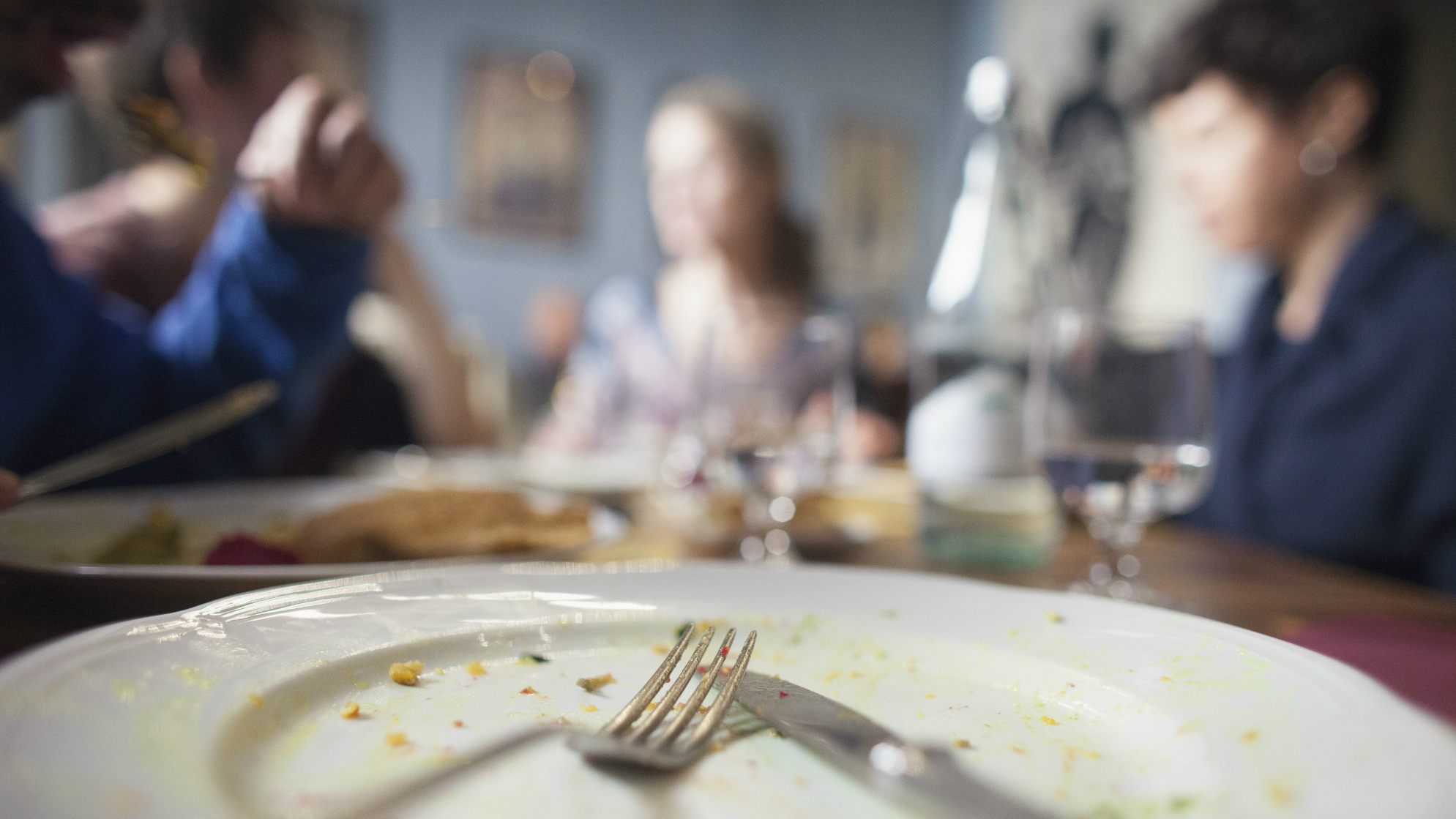

Christmas is often fuelled by tins of Quality Street and endless rounds of roast potatoes. But it's not the season to eat, drink and be merry for everyone. Here, writer Hattie Gladwell, who fought bulimia for three years, reveals what Christmas looks like when you have an eating disorder
As a teenager, I hated Christmas. Not because of the annoying festive music, or the fact you can’t step foot in the supermarket without bumping into someone you know. I hated Christmas because I was living with an eating disorder. From ages 15 to 18, I suffered from bulimia. It started at school – I’d never been large, but I was overweight and self-conscious about it. It was made worse when I started receiving comments about my weight from other kids at school.
I remember two boys walking behind me on the way home one afternoon, pointing at my legs and laughing as they called them ‘tree trunks’. Another time, I saw someone at a music festival who I hadn’t seen for a long time, and they commented on how much 'bigger I was in person than online'. Once, I heard a boy in class declare he could never fancy me because I was ‘too fat’. Turning red, I pretended to carry on reading and prayed none of my friends had heard. I was never ‘bullied’ exactly, but these comments stuck with me - and still hurt almost 10 years later.
I don’t remember the first time I made myself sick, but I remember feeling like I finally had control over my body. I loved food – I always had – but this way I could eat and get rid of it. Soon, I was bingeing for hours at night in secret (I’d restrict food during the day then binge and purge when my family was asleep). I remember sitting on the kitchen floor in the dark eating bowls of ice cream, cakes and a whole packet of chocolate bars in one sitting, before running to the bathroom. I wouldn’t stop until I was sure I’d got it all out, running the shower so my family didn’t hear. Other times, I’d pretend to have a stomach bug so nobody suspected anything.
Eating disorders are different for everyone but, for me, bulimia was largely about control – and Christmas messed with that. When you’re not suffering from an eating disorder, the holidays are a time to forget about your waistline and just enjoy all the goodies: tins of chocolates, mince pies, extra roast potatoes. But this threw my routine into disarray. Christmas 2011 was particularly hard. I remember staring at the Cadbury’s Milk Tray my family had given me on Christmas morning, as everyone around me tucked into chocolates and Bucks Fizz.

Somebody asked me why I hadn’t opened my selection box yet and I lied, saying I didn’t fancy it. But the truth was, ‘bingeing’ (how I viewed eating chocolates) was something I was too ashamed to do in front of others.
When it came to Christmas dinner, things were even harder - everything was just piled onto plates, and working out how many calories every dish contained became impossible. Because I couldn’t bring myself to finish my meal, I pretended I wasn't feeling well. I remember thinking there was food everywhere and everyone else was eating it except for me. It just didn’t make sense – how could they binge while others watched? That’s when it dawned on me that I was different; that eating wasn’t about ‘control’ for my family, it was about enjoying themselves. But I couldn’t do that. That night, I binged when everyone was asleep, eating all the foods I’d avoided throughout the day. And then, in true form, I purged. Afterwards, I felt ashamed and guilty, like I’d lost all control.
Marie Claire Newsletter
Celebrity news, beauty, fashion advice, and fascinating features, delivered straight to your inbox!
For anyone coping with an eating disorder this Christmas, charity Beat has some suggestions. For example, try planning Christmas dinner in advance or talking to loved ones about portion sizes before they're dished up, and steer conversations away from food. The urge to binge often comes an hour or two after eating, so during this time it’s good to distract yourself with a game or a film to help take your mind off of it, too – perhaps your presents could be saved until after dinner?
Personally, I think having someone to confide in – who you can talk to on Christmas Day or in the run-up – is one of the most helpful coping mechanisms. You don't have to tell them everything you're feeling, but having someone ‘in your corner’ can make you feel less alone, and more supported. It wasn’t until I started dating somebody at 18 who encouraged me to seek help, that I was able to find support and stop making myself sick. I only wish I’d had that support sooner.
If you have an eating disorder and you’re worried about Christmas, Beat’s helpline is open from 4-8pm from 24 December to 1 January. Call Beat on 0808 801 0677.
Niamh McCollum is Features Assistant at Marie Claire UK, and specialises in entertainment, female empowerment, mental health, social development and careers. Tackling both news and features, she's covered everything from the rise of feminist audio porn platforms to the latest campaigns protecting human rights.
Niamh has also contributed to our Women Who Win series by interviewing ridiculously inspiring females, including forensic scientist Ruth Morgan, Labour MP Stella Creasy and ITV’s former Home Affairs Editor Jennifer Nadel.
Niamh studied Law in Trinity College Dublin. It was after enrolling in a Law & Literature class on her year abroad in Toronto that her love of writing was reignited. In no particular order, her big likes are Caleb Followill, hoops, red wine, sea swimming, shakshuka and long train journeys.
-
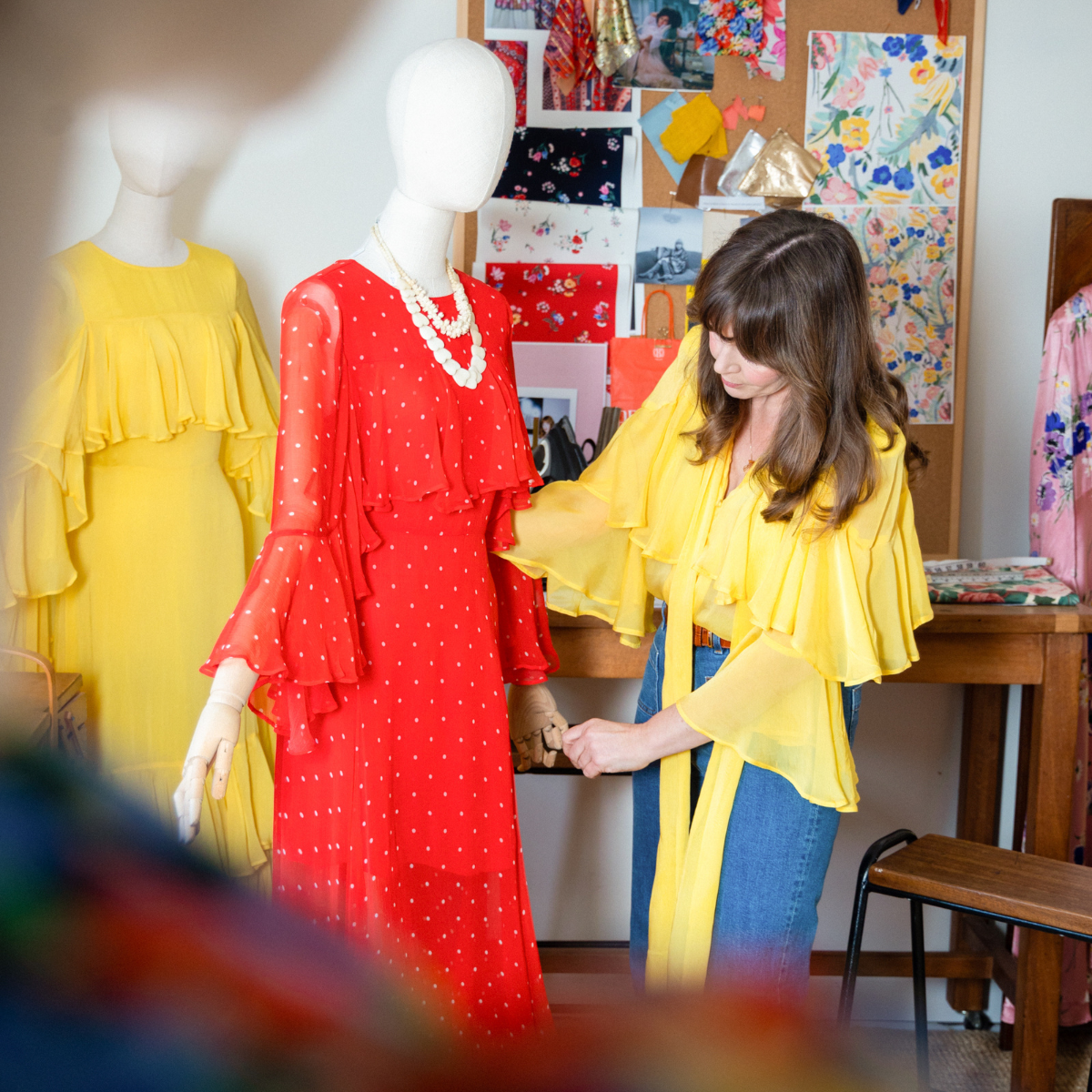 A day in the life of Nicola Orme, the Queens of Archive founder behind the fashion set's favourite vintage-inspired dresses
A day in the life of Nicola Orme, the Queens of Archive founder behind the fashion set's favourite vintage-inspired dressesEverything she gets up to in her 9-5
By Sofia Piza
-
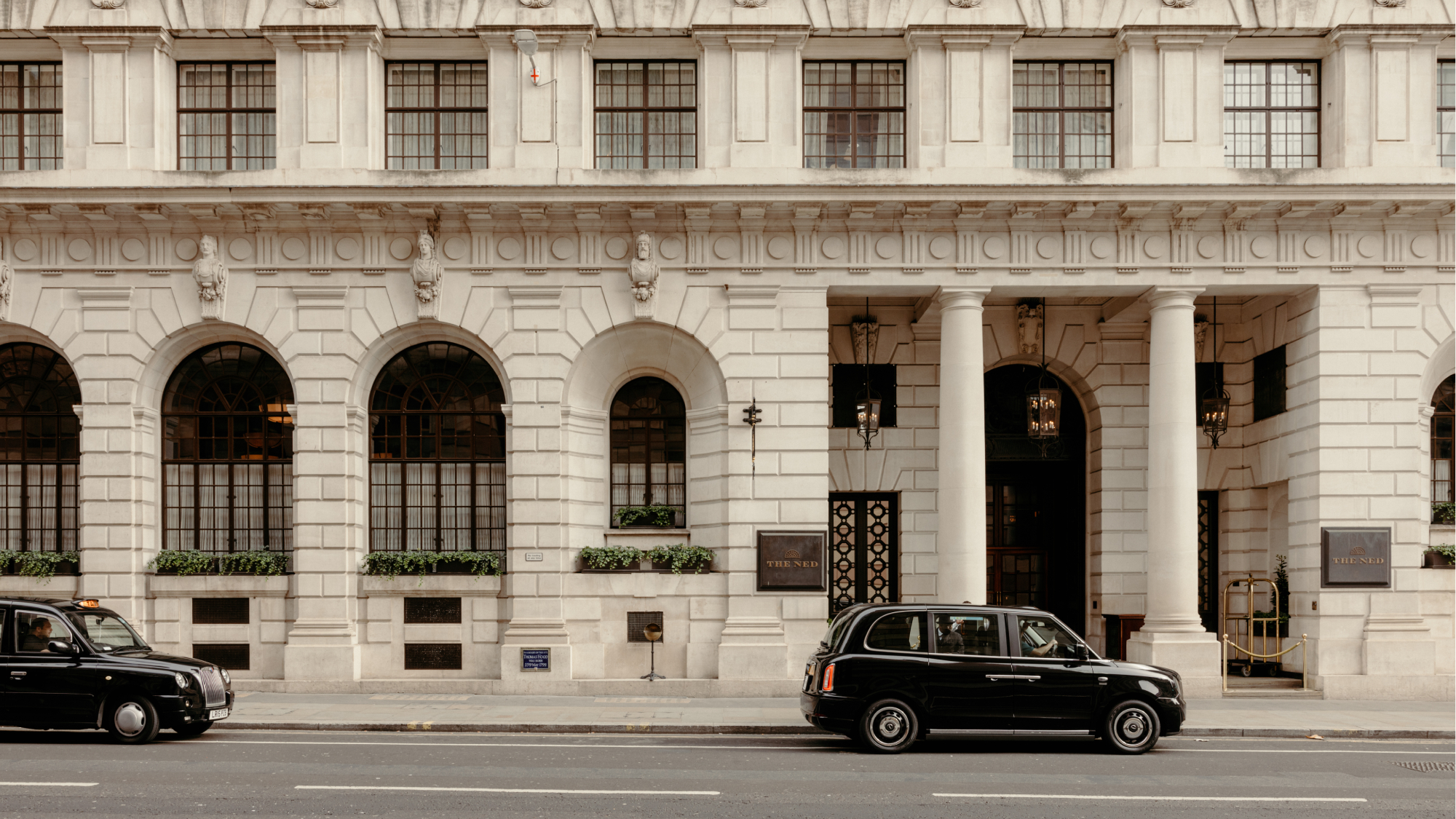 Easy Escapes: The Ned offers a decadent retreat in the heart of London
Easy Escapes: The Ned offers a decadent retreat in the heart of LondonThe Ned eclipses other London hotels with its sleek spa, extensive dining options and party atmosphere
By Lauren Hughes
-
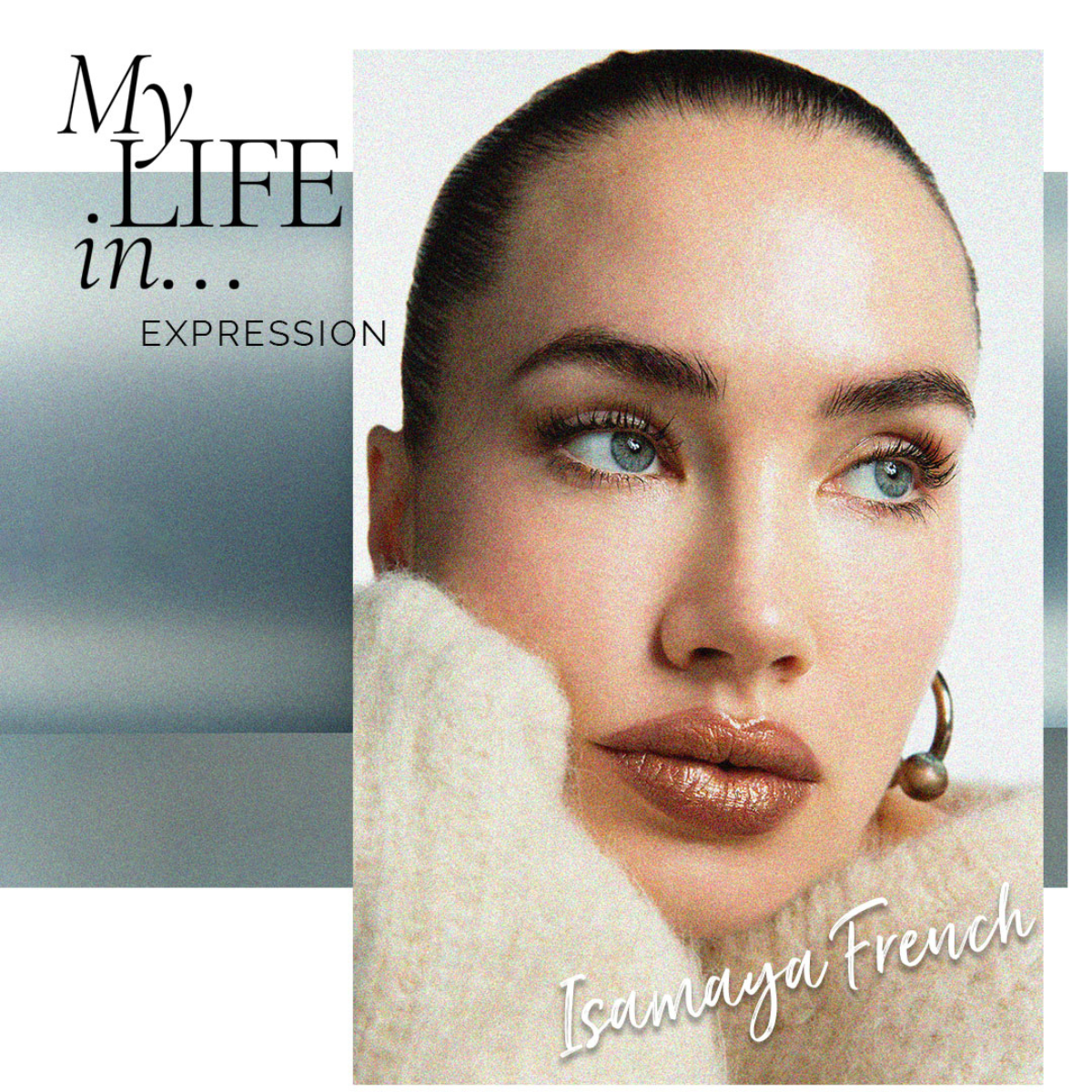 Isamaya Ffrench on disrupting the beauty industry and her desert island make-up bag
Isamaya Ffrench on disrupting the beauty industry and her desert island make-up bagFashion's favourite make-up artist discusses her life in expression
By Nessa Humayun
-
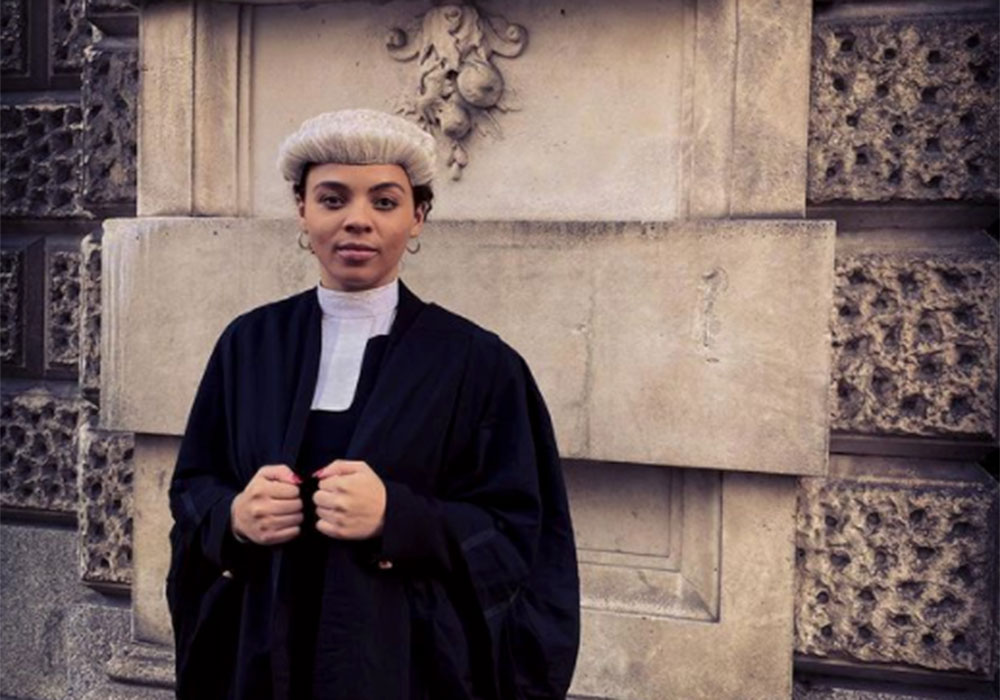 "I'm a Black barrister working in a broken justice system"
"I'm a Black barrister working in a broken justice system"Alexandra Wilson is a 26-year-old barrister speaking out about sexism, racism and class inequality at the very heart of the legal system. She shares her disturbing experiences, and why activism will make a difference.
By Alexandra Wilson
-
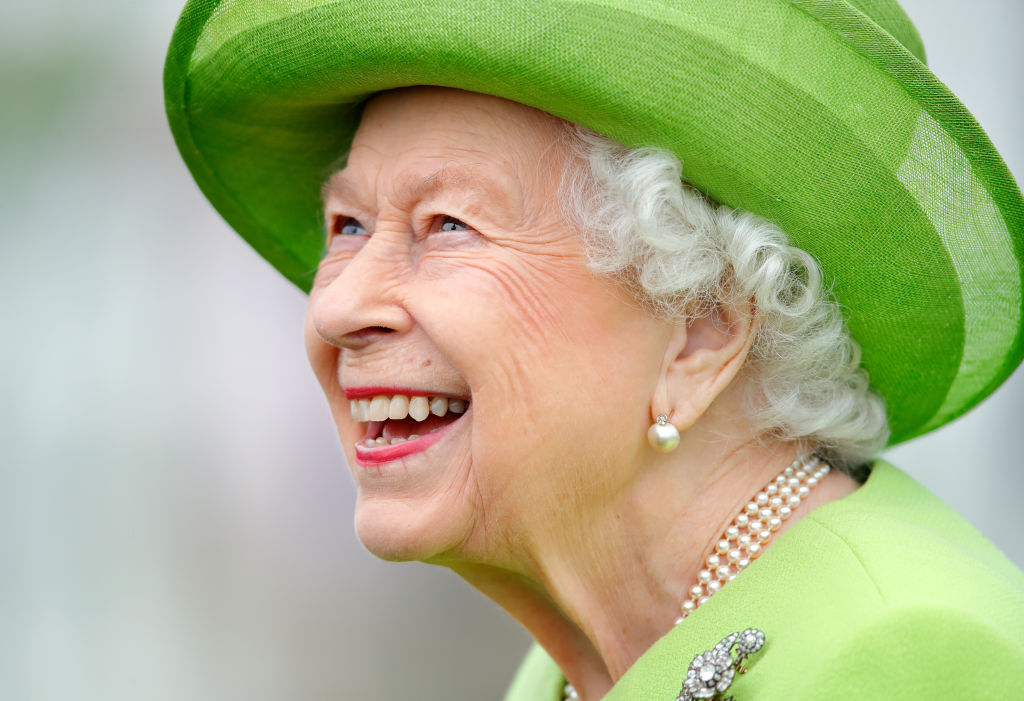 Feeling sad this week? Learn about the 5 steps of grief, plus how to avoid it consuming you
Feeling sad this week? Learn about the 5 steps of grief, plus how to avoid it consuming youAs the nation mourns Her Majesty The Queen.
By Ally Head
-
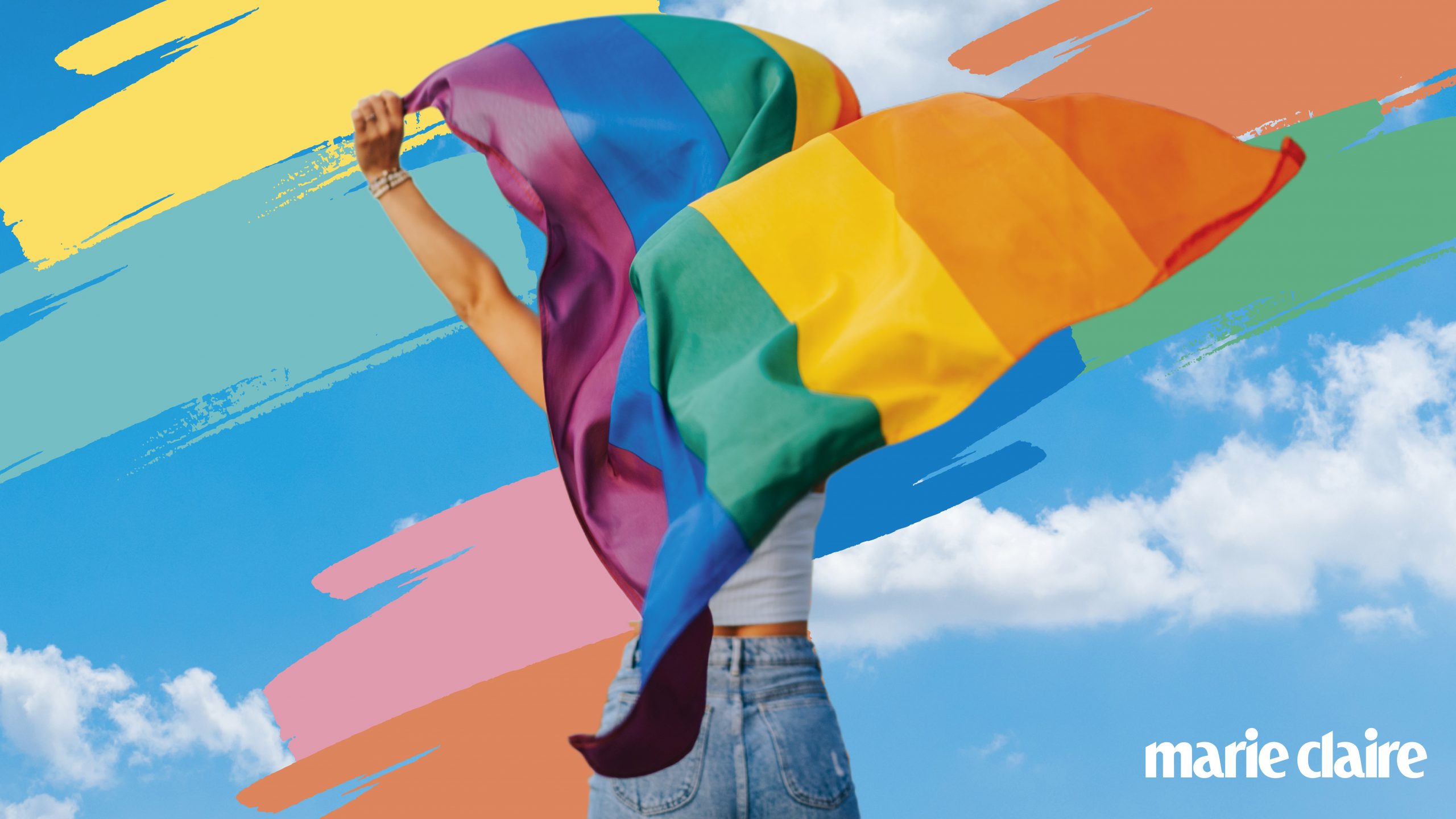 Pride events: 7 IRL and virtual celebrations to add to your calendar for 2021
Pride events: 7 IRL and virtual celebrations to add to your calendar for 2021Ready to celebrate?
By Rosie Grant
-
 Coronavirus versus cold symptoms: How to know whether you've got COVID 19 or a common cold
Coronavirus versus cold symptoms: How to know whether you've got COVID 19 or a common coldThis is important. Read guidance from the experts now.
By Ally Head
-
 How COVID-19 made us forget our morals on plastic
How COVID-19 made us forget our morals on plasticPre-pandemic, we cared about our habits of plastic use. Lockdown changed all that - but it's not too late to continue the fight
By Olivia Adams
-
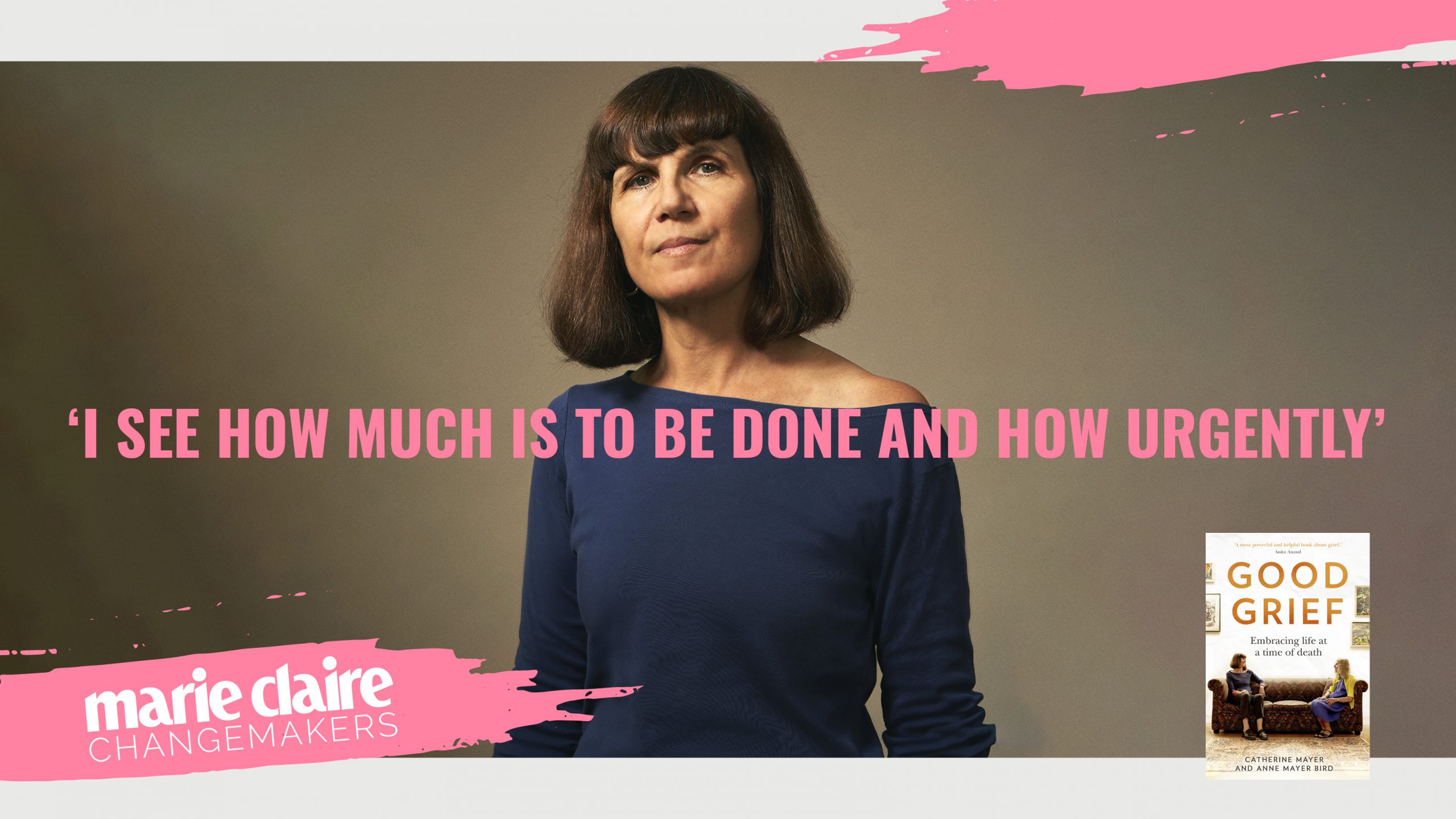 Catherine Mayer on women's rights: 'I see how much is to be done and how urgently'
Catherine Mayer on women's rights: 'I see how much is to be done and how urgently'Co-founder of the Women's Equality Party, Catherine Mayer, was married to influential musician Andy Gill until his death in Feb 2020. This International Women's Day, Mayer shares with affecting honesty how grief adds clarity to her life-affirming activism
By Maria Coole
-
 Tanya Burr shares her top 6 resources for educating yourself - and growing - this IWD
Tanya Burr shares her top 6 resources for educating yourself - and growing - this IWDThe theme of this International Women's Day is Choose to Change - let Tanya help you become a change-maker with her top resources.
By Ally Head
-
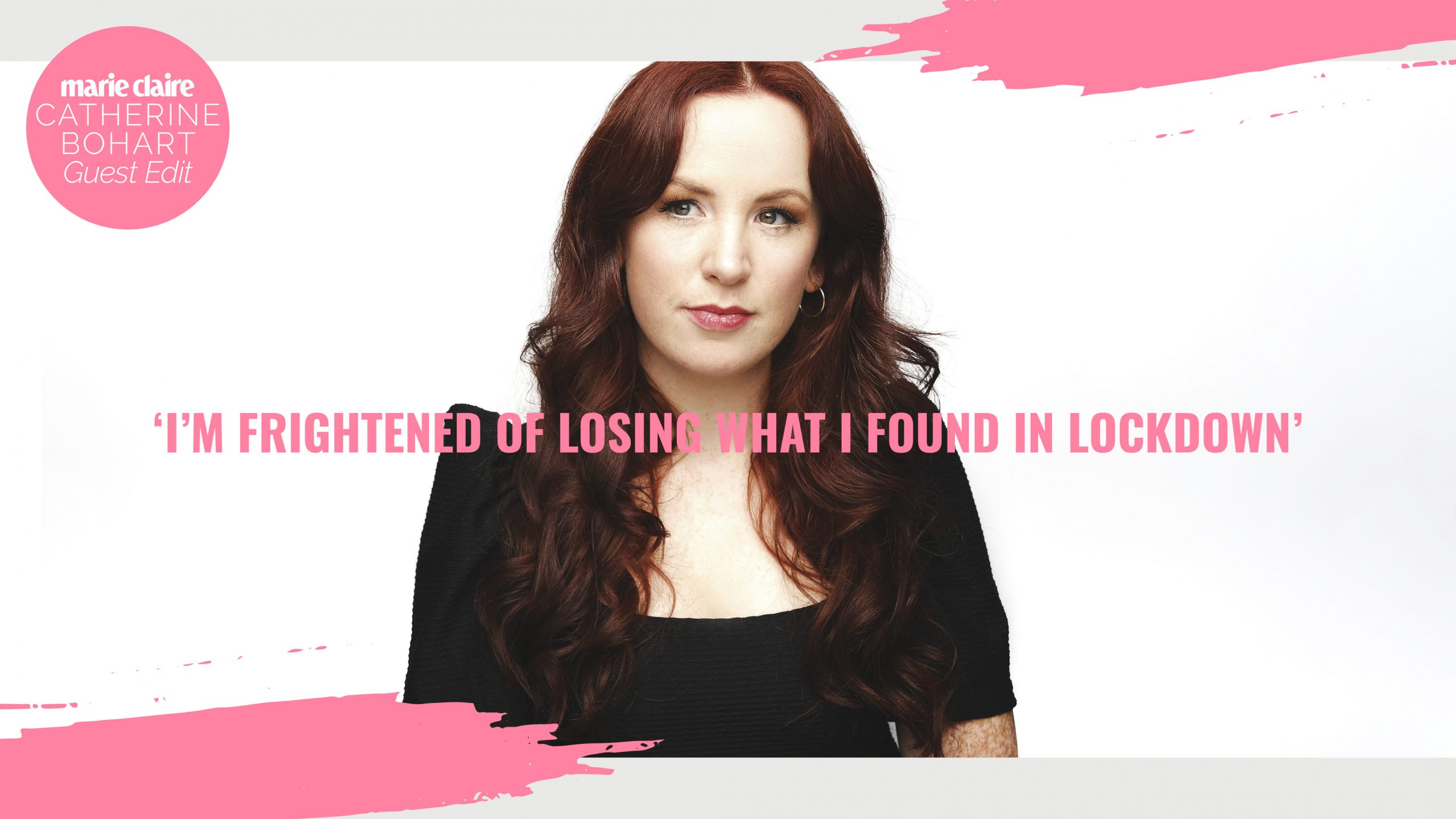 Catherine Bohart: 'I’m frightened of losing what I found in lockdown'
Catherine Bohart: 'I’m frightened of losing what I found in lockdown'Award-winning writer and comedian Catherine Bohart shares what her own lockdown mental health journey helped her discover
By Sophie Goddard